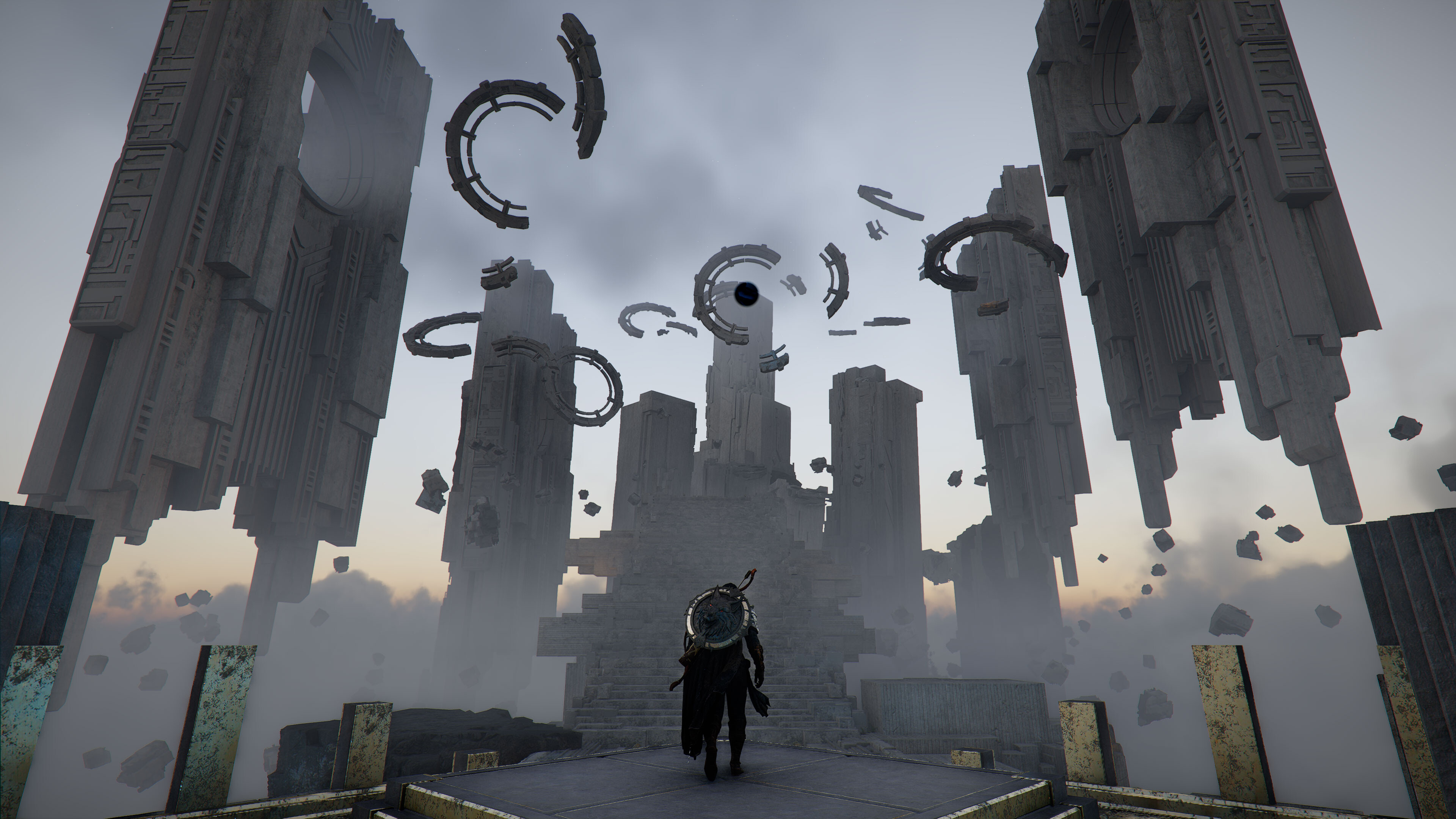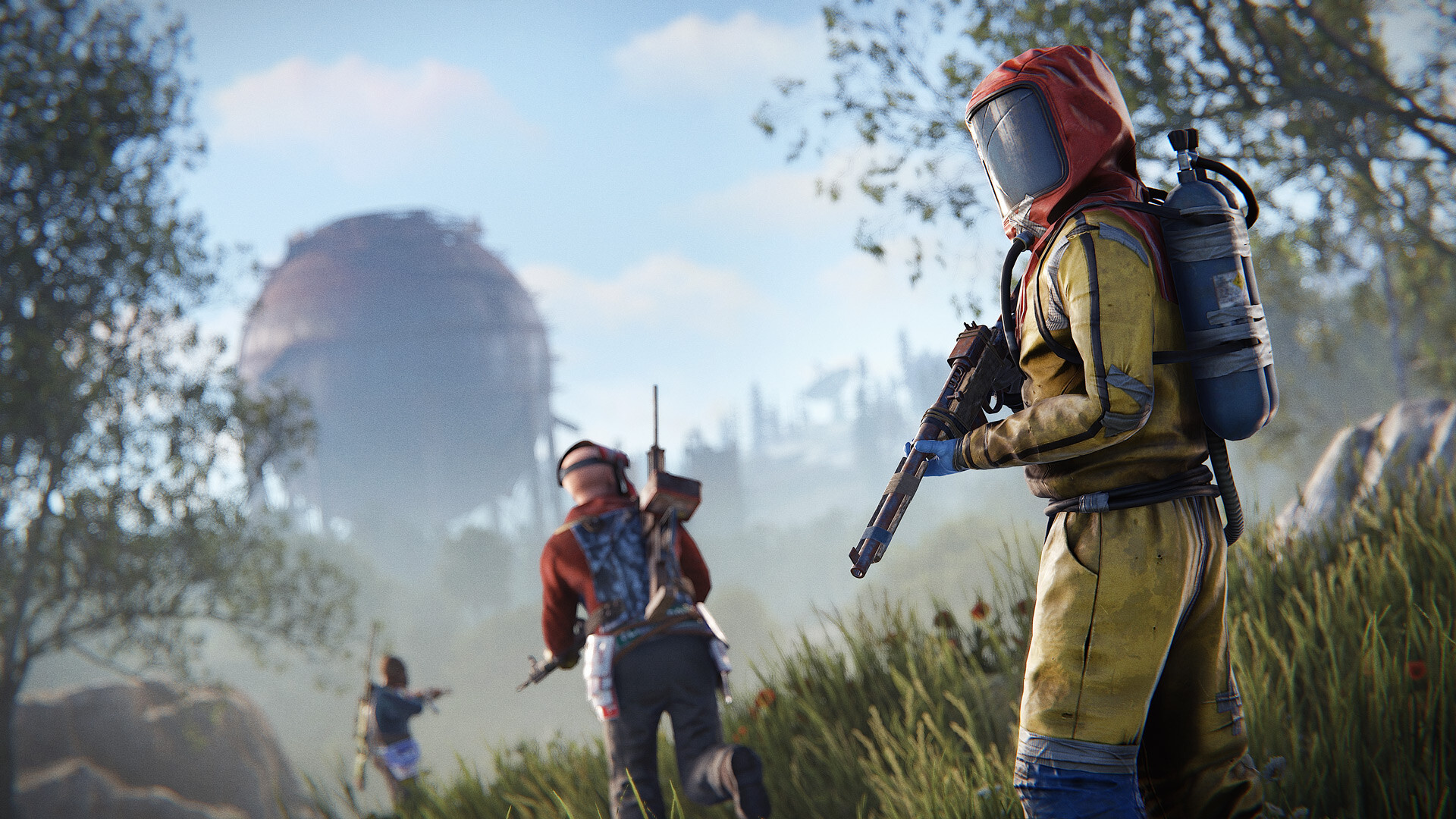Learn essential tips and tricks for Monster Train 2, from smart upgrades to deck control, route planning, and tactical decision-making.
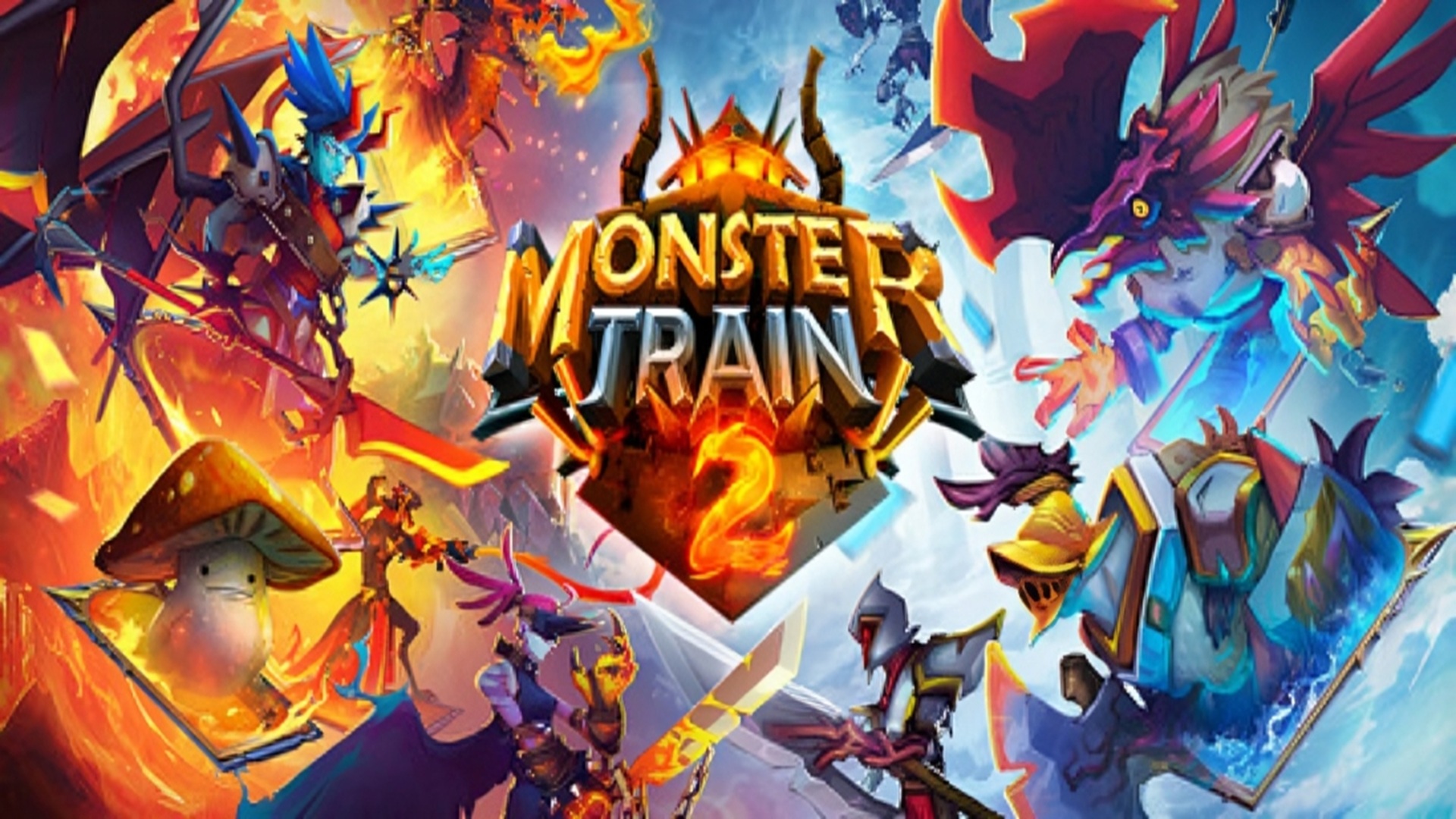
Monster Train 2 doesn’t go easy on new players, even if it appears colourful and cartoony on the surface. You are dealing with layered mechanics that can overwhelm you if you are not used to managing card synergies, floor layouts, and deck economy all at once.
If you are new to this title, or even returning after a long break, there’s plenty to absorb. To help you settle in and get better with each attempt, here are seven practical and experience-based tips that make a real difference.
5 Best Tips and Tricks for Monster Train 2
1) Your Deck Should Be Focused
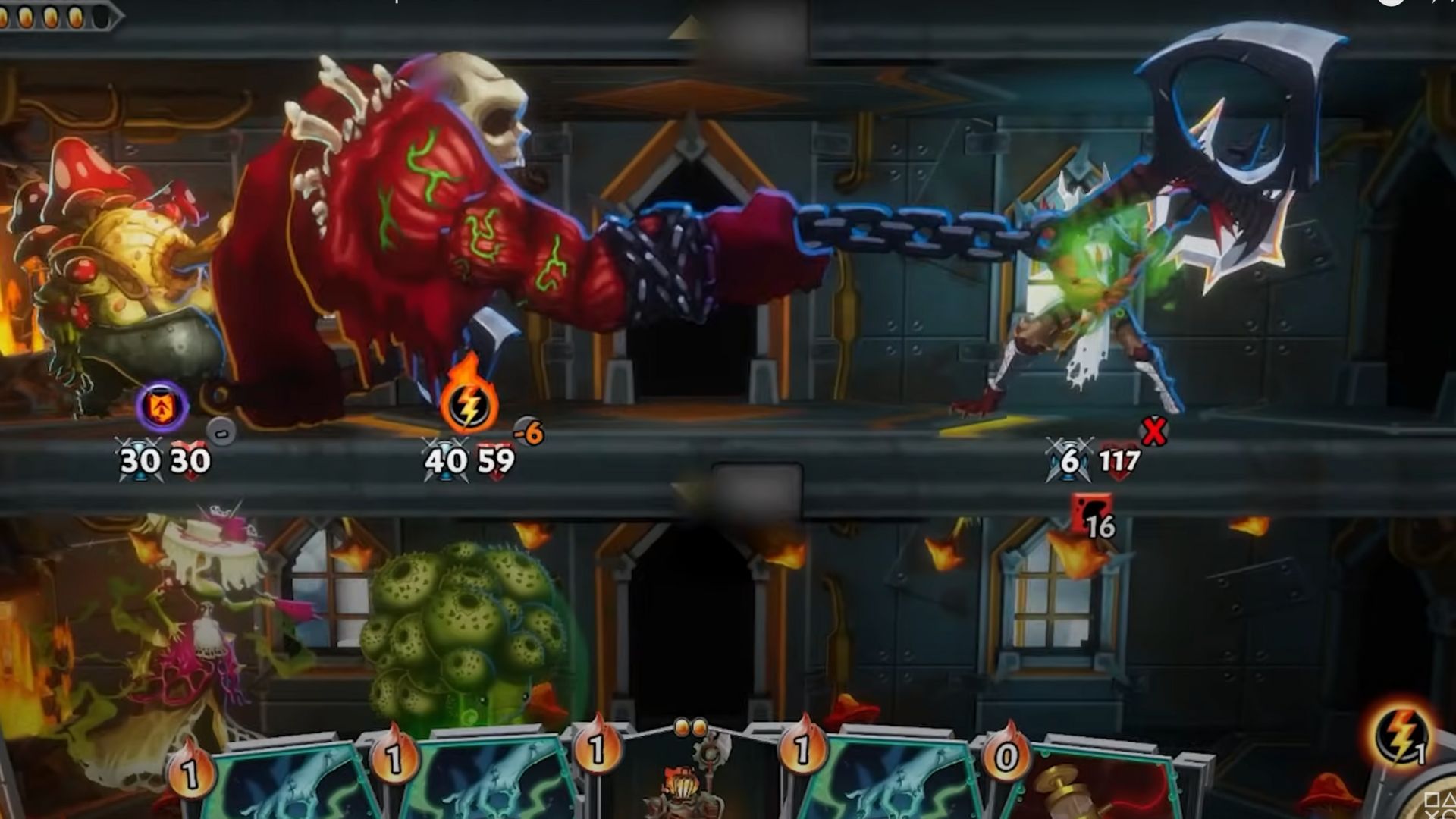
When starting out, it’s tempting to grab every new card just to see what it does. That’s fine in the beginning, but over time you will want to refine your focus. Instead of picking randomly, start checking whether a card supports what you already have.
You might think having more cards is always better. Actually, it often works against you. A large deck reduces the odds of drawing your best cards when you need them most.
As you progress, you will come across merchants or stops where you can pay to remove cards or do it for free. This is a good time to get rid of early-game fillers or units that no longer serve your strategy.
Fewer cards mean better consistency. That’s the goal. Whether it’s old units or basic spells, if you never play them anymore, it’s time to let them go.
2) Be Wise With Your Gold
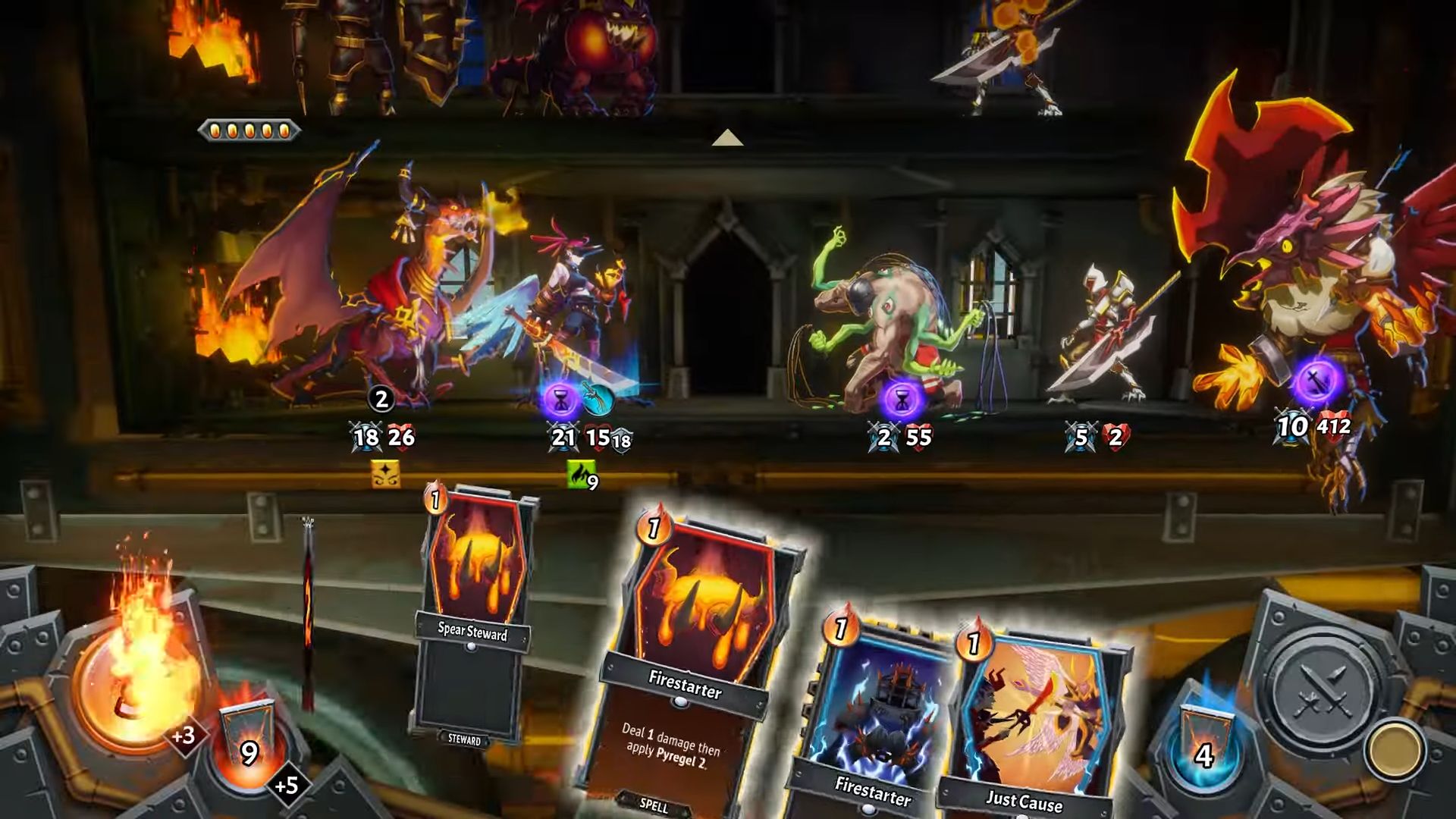
After each battle, you will find yourself in a hub area with several choices. Merchants are part of these stops and sell units or spell upgrades. You do want to spend your gold, just not right away.
Visit every non-merchant stop first. Pick up artifacts, check out the unit recruitment station, and maybe even remove a weak card. Only once you know what’s in your hand should you head to the shop. This prevents you from wasting gold on an early upgrade only to discover a better use moments later.
Gold isn’t rare, but it’s limited during a run. Using it wisely matters.
3) Room Space Can Be Vital
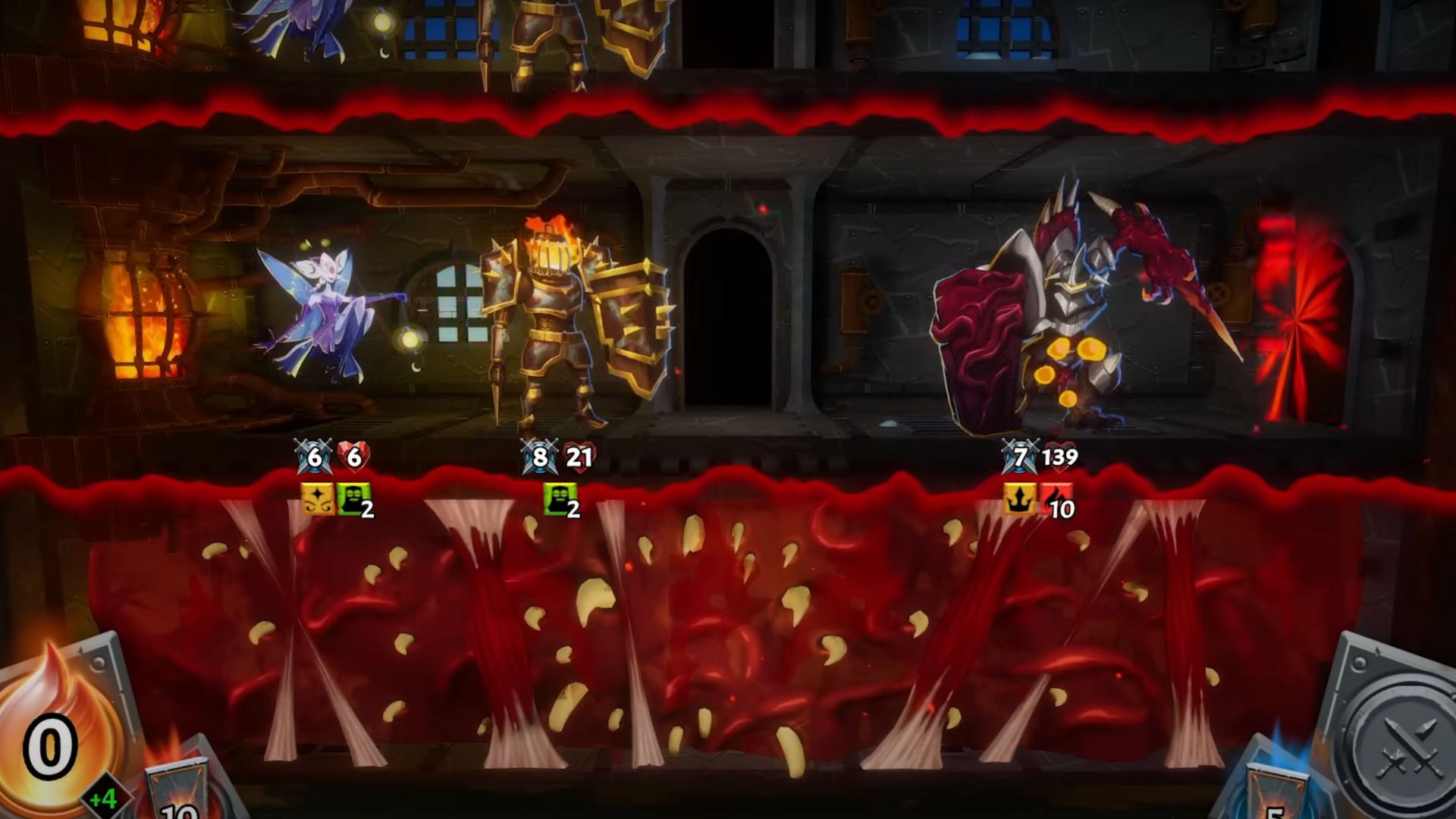
From time to time, you will get to choose a perk that sticks with you: more energy, more card draws, or extra space in your rooms. While all three are helpful, going for room space first changes how you approach combat.
You begin with limited room on each floor, and most units take up two or three points. That doesn’t leave much flexibility, especially if you are trying to build a layered defense or put support units behind tanks. Extra room means you can field more allies, stack buffs more effectively, and handle enemy waves better. It’s one of the few upgrades that helps immediately and continues to pay off as the run gets harder.
4) Do Not Ignore Routes With Artifacts or Unit Upgrades
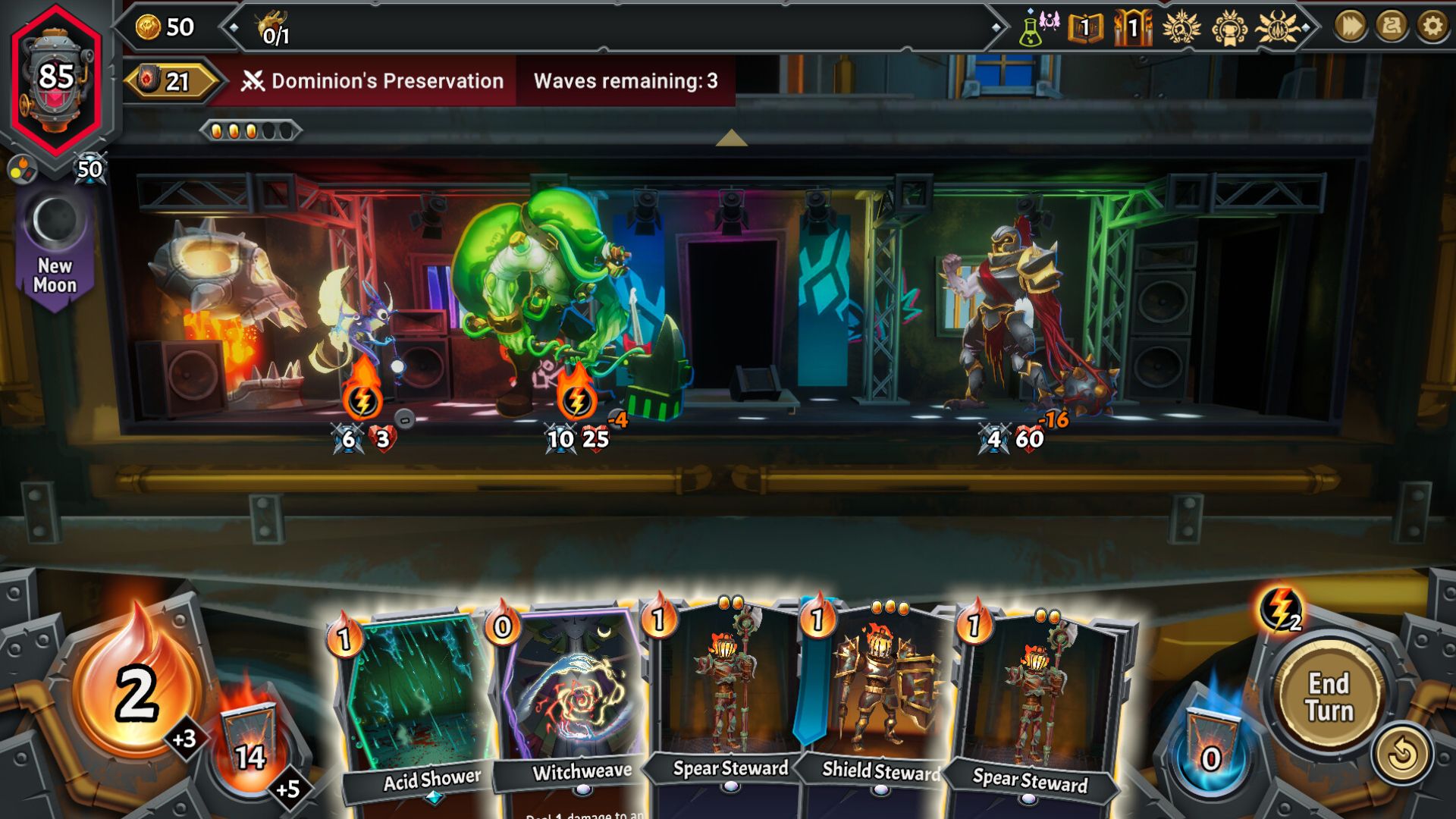
Each route choice after a battle offers different benefits—gold, new units, spell upgrades, or artifacts. Among these, artifacts and unit upgrades have the most lasting impact.
Artifacts stay with you and modify the rules in powerful ways. One might give you an extra attack when a certain condition is met, the other might reward you for playing spells. They change how you approach fights, often making things easier if chosen wisely. Upgrading units can also be a game-changer. Giving a tank more health or letting a damage dealer strike twice is often better than adding a new unit to the deck.
5) Do Not Be Reckless With Trials
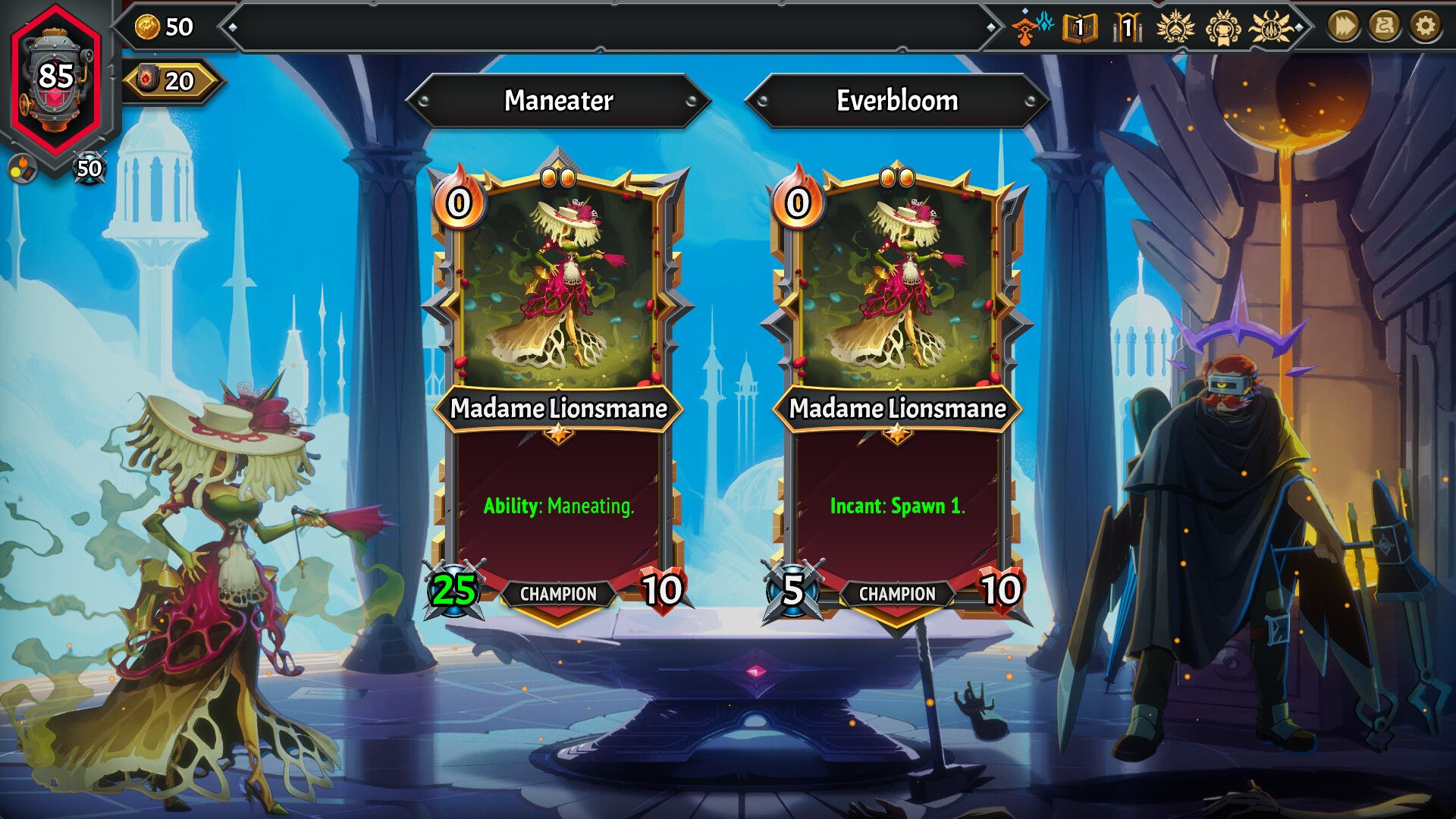
Each standard battle includes an optional modifier that makes the fight harder. In exchange, you earn extra gold. The idea sounds attractive, but it’s riskier than it looks.
Early on, when enemy setups are lighter while you are more likely to survive, these trials are worth toggling on. The extra income helps you build strength sooner. However, later in the game, when enemy buffs get more aggressive and mistakes cost more, these bonuses stop being worth the trouble unless you are confident.
Skip them unless you feel prepared for whatever the trial adds.
Conclusion
Monster Train 2 won’t go easy on you, especially during your first few runs. But with a little patience and smart choices, your progress becomes noticeable. Keep an eye on how cards interact, take your time with route planning, and don’t be afraid to undo or retry. Each run teaches you something, and eventually, those early setbacks start turning into consistent wins.
You are allowed to redo an entire battle or even rewind a single turn. Make use of the options given. Learning through repetition is still learning.
Looking For More?
Thank you for reading the article. We provide the latest news and create guides for Baldur’s Gate 3, Starfield, ARK Survival Ascended, and more. Also, watch Deltia play games on Twitch or visit his YouTube channel!
 Reddit
Reddit
 Email
Email
